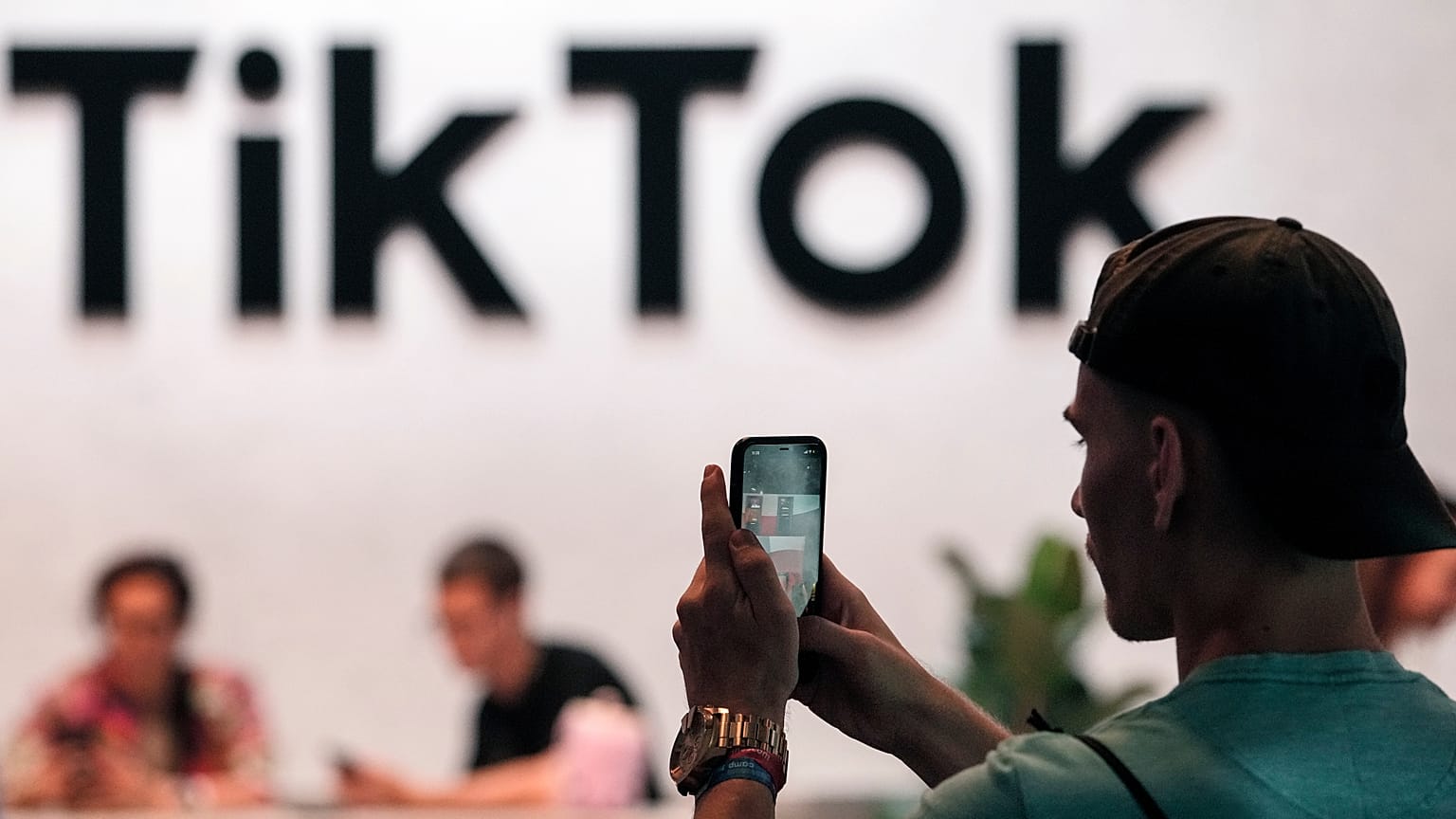Government figures worry that the far-right opposition party is gaining popularity with younger voters.
Germany’s Health Minister has joined TikTok, arguing that the Germany government needs to catch up with the far-right Alternative for Germany (AfD) who enjoy a large following on the controversial platform.
 ADVERTISEMENT
ADVERTISEMENT
 ADVERTISEMENT
ADVERTISEMENT
‘’Revolution via TikTok starts today’’ said Karl Lauterbach, recording his first video in the background of the public broadcaster ARD.
The SPD politician justified the move in an interview with t-online magazine, saying that he wanted to create a presence on the platform to oppose the AfD, which currently has 409,600 TikTok followers.
''We cannot simply leave the platform for the youth to the AfD'' said Lauterbach in a post announcing his new venture on X.
Lauterbach is especially popular on X, formerly Twitter, where he has over a million followers.
He is not the only German politician considering TikTok as a platform to connect with voters. When asked if the government would consider opening a TikTok account to combat the disparity in popularity against the AfD at a forum in Dresden, German Chancellor Olaf Scholz said, ''I believe this is right."
Weighing the risks
At the start of last year, TikTok reported that it has a user base of over 20 million in Germany. The AfD are present on the platform via the accounts of Bundestag members and AfD parliamentary group members. Tageschau reported that 80% of the AfD's Bundestag members are on TikTok, in contrast to one in ten of Germany's ruling SPD party.
Individual candidates such as Maximillian Krah, an AfD member of the European Parliament, have found success on TikTok by posting short, personalised videos ranging from dating tips to criticising green policies.
According to a study by the Rosa Luxembourg Stiftung, TikTok's algorithm and 'For You' page favours accounts with polarising content, meaning that videos posted by the likes of Krah have a large reach despite regardless of follower count.
An analysis by political consultant Johannes Hillje shared on public broadcaster ZDF found that videos posted by the AfD notch three times as many views as videos posted by other parties.
Weighing the risks
The government's desire to counteract the AfD’s growing following seems to be outweighing international concerns about data security and misinformation, both of which relate to TikTok's Chinese roots.
Germany security services have warned that TikTok could be used to glean data from government officials' devices, and Lauterbach acknowledged the risk, saying he "definitely won't use a work cell phone for this".
TikTok has repeatedly emphasised that it does not view itself as a subsidiary of a Chinese company, and ByteDance argues that Western investors own 60% of the company.
Critics maintain that the Chinese founders of the app and its large presence in Beijing are serious cause for concern, and the US Congress is in the process of passing legislation that would force ByteDance to either relinquish control of the app or withdraw it from the US market altogether.















